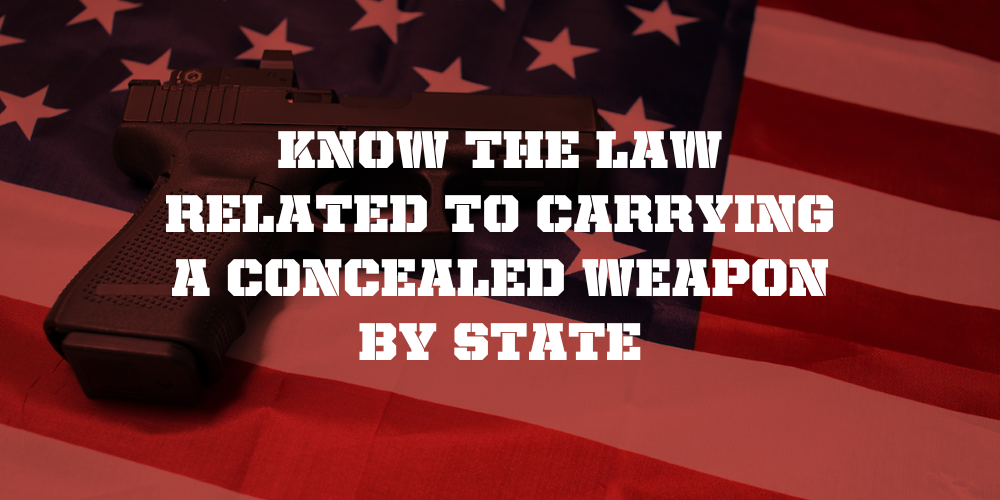
Reflecting the country’s divided views on gun control, more than half the states don’t require a permit to carry a concealed gun. A number of these states have passed legislation in the past several years.
Conversely, 23 states require a permit to carry a concealed gun. Permit requirements vary from state to state.
The states allowing “concealed gun carry without a permit” are (minimum age listed)
The 23 states requiring a permit to carry a concealed weapon range from the East Coast to the West Coast, Hawaii to the Midwest. Generally, requirements to obtain a permit to carry a concealed gun include a minimum age of 21, residency in the state, completion of an approved firearms safety class, absence of habitual drug or alcohol use impacting the use of a firearm, and serious criminal history.
These states are
The District of Columbia also requires a permit for concealed gun carry.
Although federal law does not prohibit the open carrying of firearms in public, state laws vary.
There are 38 states that allow open gun carry without a permit. They are
Seven states require a permit or license to openly carry handguns. They are:
Five states prohibit people from openly carrying handguns in public. They include:
The District of Columbia does not allow the open carrying of handguns in public.
As one can see, the rules for carrying a gun, whether concealed or open vary widely by state. While most states allow open and concealed carry of handguns at the moment, lawmakers are under pressure to enact stricter gun control laws in response to the increase in gun violence. Consequently, carrying “heat” could become more challenging in the future.
To find out the laws for concealed and open gun carrying in your state, go to Giffords.org and type in your state.
Note: The information provided in this article is intended for general informational purposes only. We assume no responsibility for the accuracy, completeness, or timeliness of the information presented herein.
Regulations can vary greatly by location, and they are subject to change at any time due to legislative updates, legal interpretations, or other factors beyond our control. It is imperative that readers verify the current ammunition regulations in their specific jurisdiction through official government sources, law enforcement agencies, or legal professionals before making any decisions or taking any actions related to ammunition possession, purchase, or use.
We disclaim any liability for any loss, injury, or damage incurred as a result of the use or misuse of the information contained in this article.
5519 Export Blvd. Savannah GA 31408
5519 Export Blvd. Savannah GA 31408
Armory Farm – Copyright 2021



